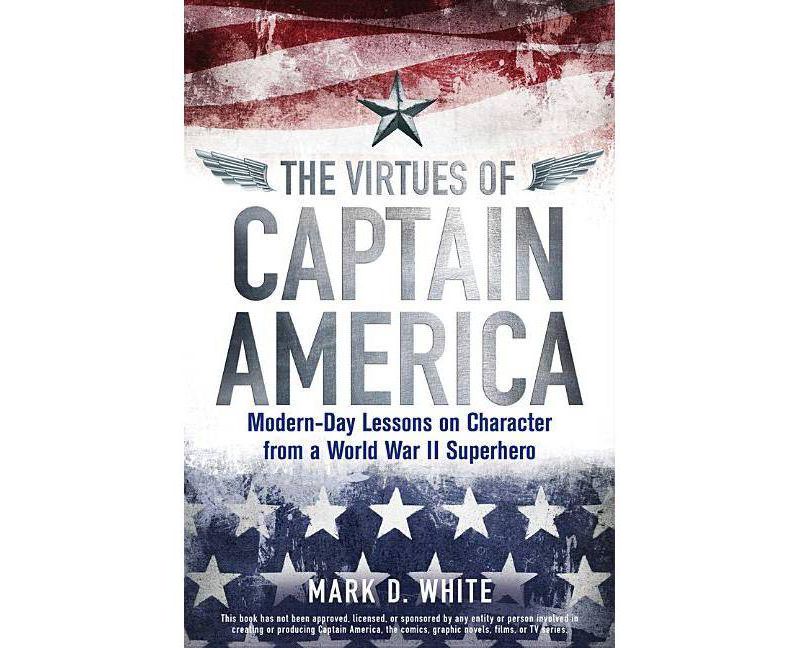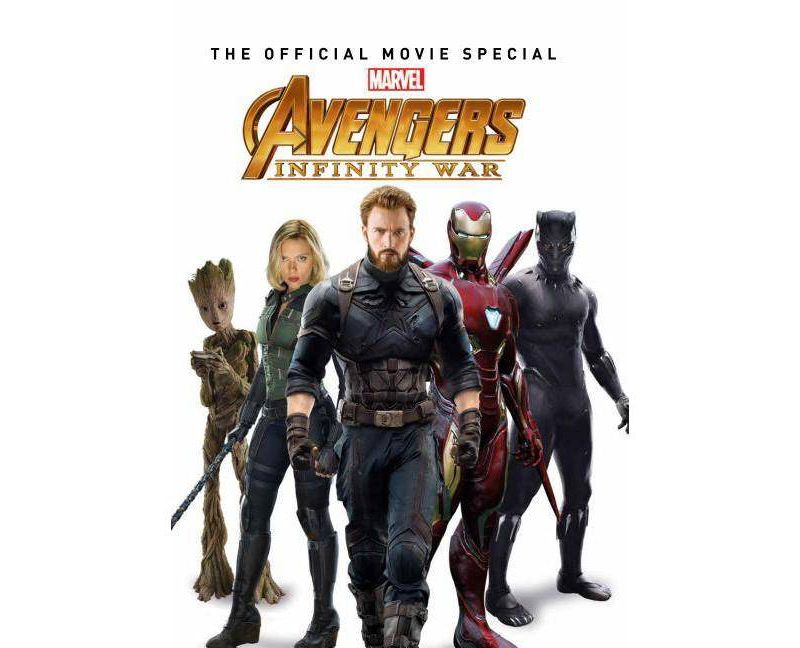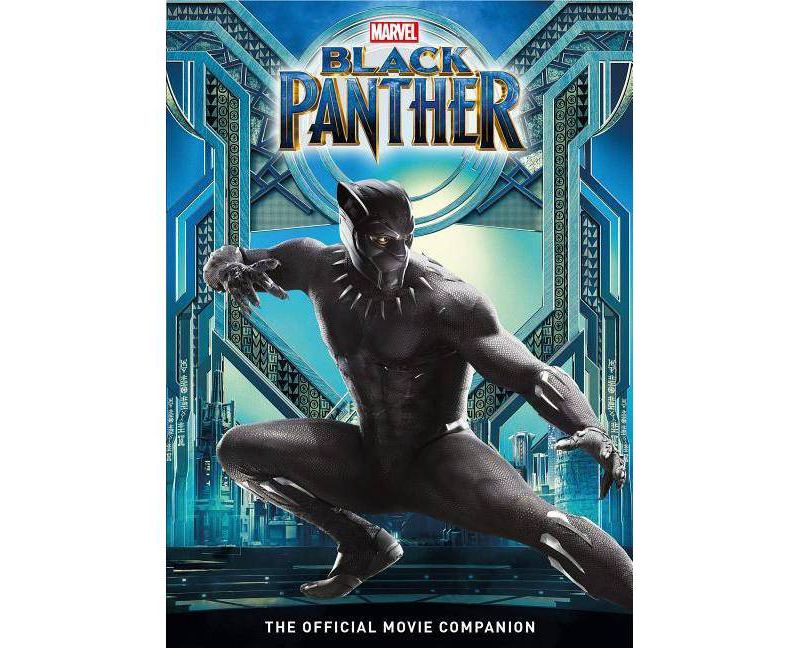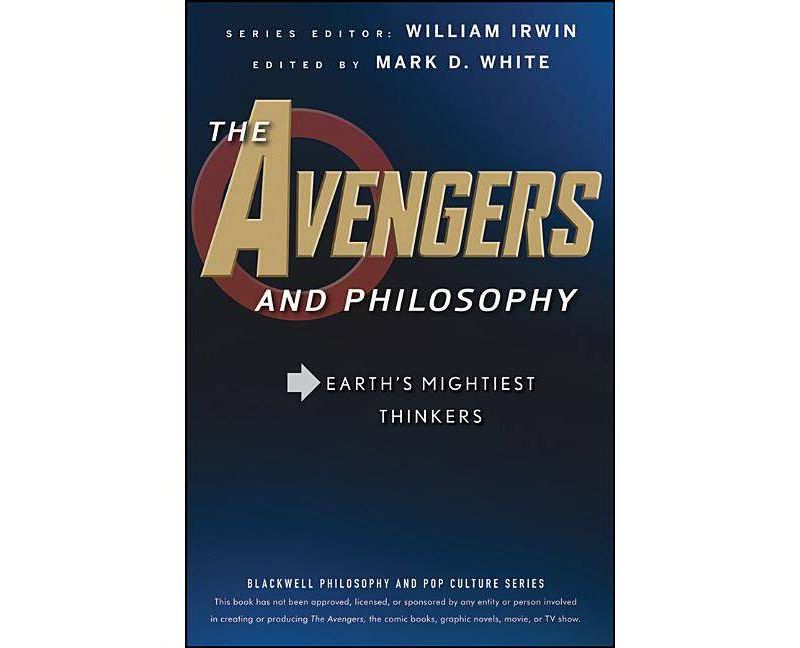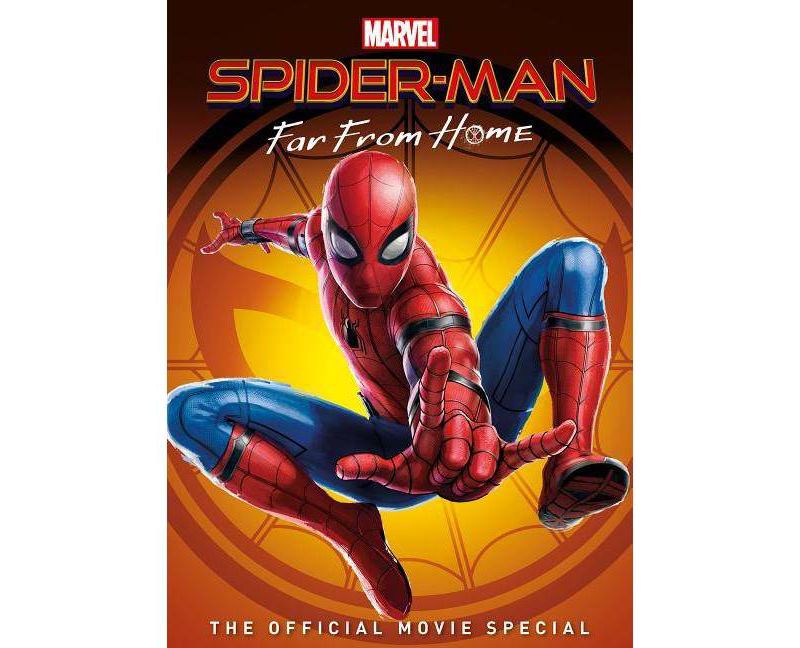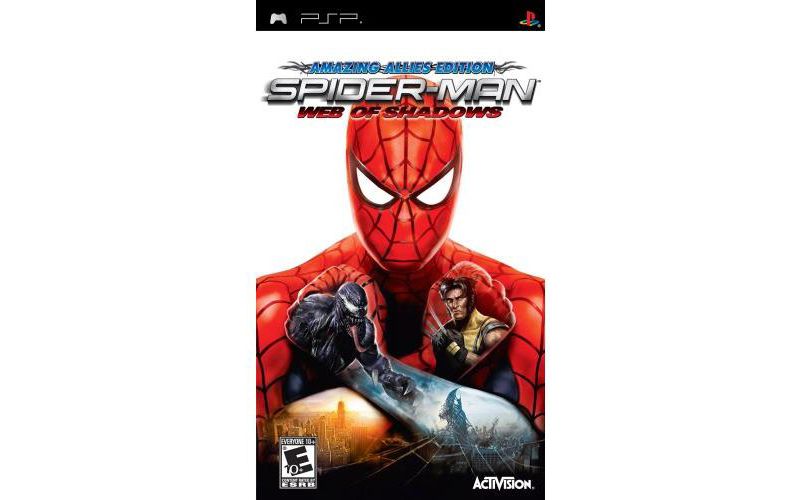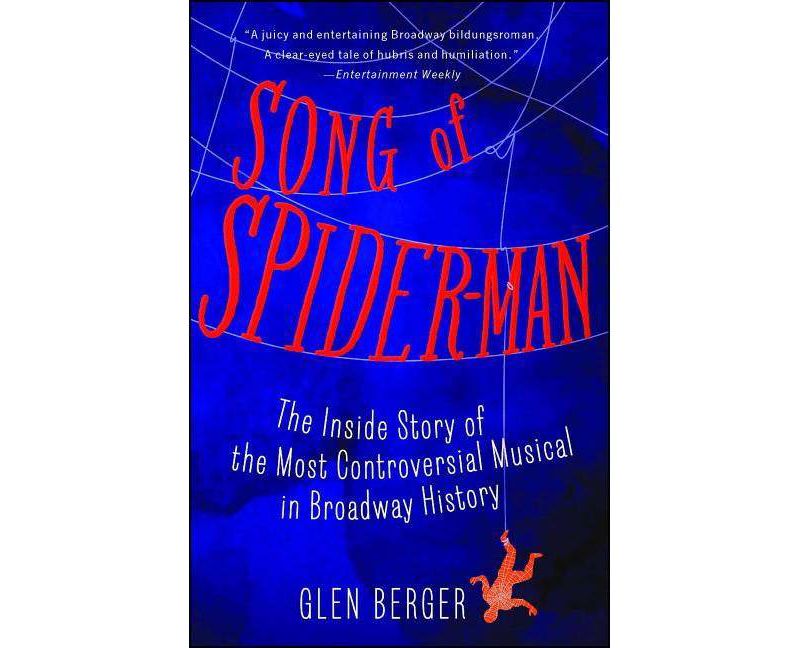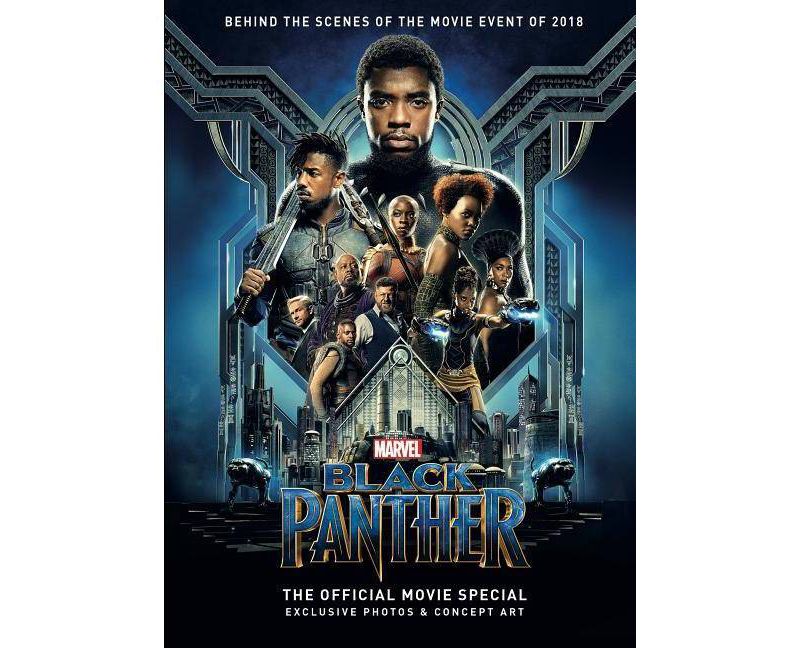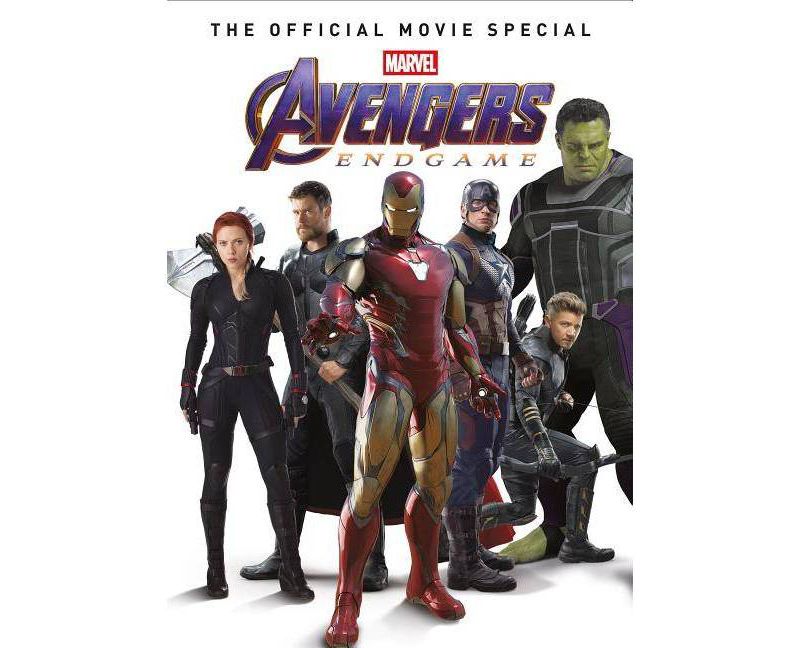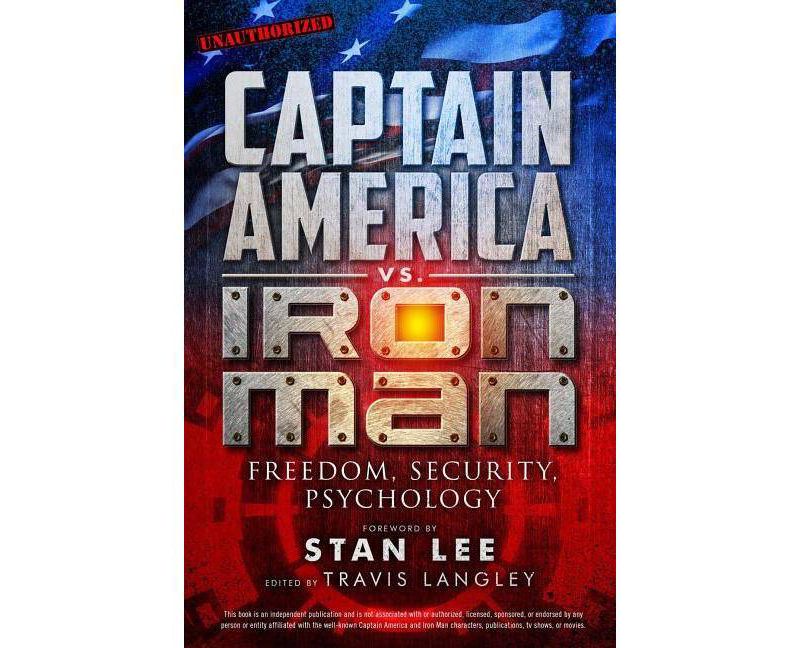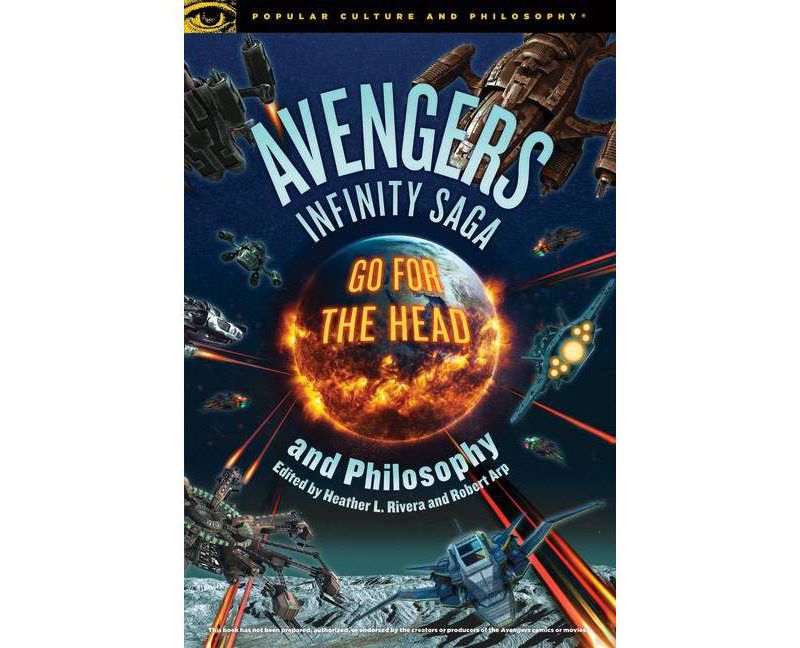Trusted shipping
Easy returns
Secure shopping
Buy Avengers Assemble! - by Terence McSweeney (Paperback) in United States - Cartnear.com
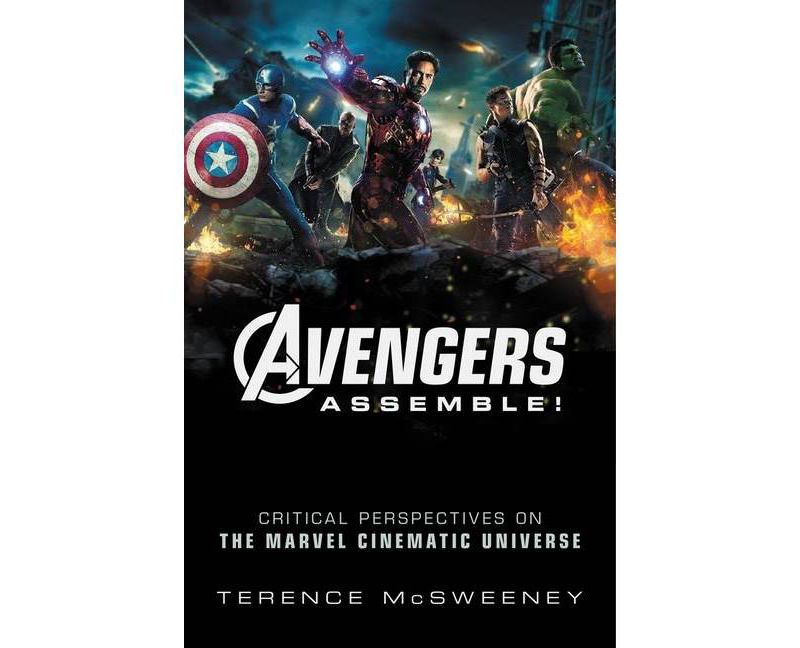
Avengers Assemble! - by Terence McSweeney (Paperback)
CTNR741742 09780231186254 CTNR741742360 Lighting
2027-03-04
/itm/avengers-assemble-by-terence-mcsweeney-paperback-741742
USD
33.44
$ 33 $ 35 5% Off
Item Added to Cart
customer
*Product availability is subject to suppliers inventory
SHIPPING ALL OVER UNITED STATES
100% MONEY BACK GUARANTEE
EASY 30 DAYSRETURNS & REFUNDS
24/7 CUSTOMER SUPPORT
TRUSTED AND SAFE WEBSITE
100% SECURE CHECKOUT
Number of Pages: 310
Genre: Performing Arts
Sub-Genre: Film
Format: Paperback
Publisher: Wallflower Press
Age Range: Adult
Book theme: Direction & Production
Author: Terence McSweeney
Language: English
The book engages with superhero films on a very deep level, making it not only informative but an extremely pleasurable read as well.--Devapriya Sanyal Hindu College, University of Delhi "Journal of Popular Culture "
A magnificent book. As insightful and comprehensive as it is engaging and timely, this full-length examination of the Marvel Cinematic Universe is a rewarding read for passionate superhero fans as well as researchers in the fields of film studies, political science, and cultural studies.--Marc DiPaolo, Southwestern Oklahoma State University, author of War, Politics, and Superheroes: Ethics and Propaganda in Comics and Film
This is a timely and entertaining volume that will prove very useful in the development of genre courses in the next few years as the superhero genre finds its place in taught modules across film and media programmes. The work is scholarly and well referenced in ways that open it to further reading and research, but accessible to undergraduate readers. The author takes an epistemically specific approach that is not inappropriate given the avowed focus on the MCU specifically, rather than the superhero genre on the whole or its historical roots. As such, the range of contemporary readings on terrorism, conflict, and the power structures of the twenty first century (mainly American) is again both timely and informative. Intellectually, the breaking of the MCU into its industrially determined 'phases' again focuses the chronology but also opens new arenas of interrogation. The 'phase two' section demonstrates the degree to which the frames of reference change between 2008 and 2013, freeing the franchise (and scholarly debate) from some of the immediate trauma narrative tropes of the first phase, and allowing the discussion to delve into some of the more liminal spaces of the MCU, such as in Thor: The Dark World and Guardians of the Galaxy on gender and fantasy. The final section on the recent television incarnations of the franchise is useful without delving too deeply into the political economy of transmedia in the Netflix age (which is another topic entirely)--Harvey O'Brien, University College. Dublin
Genre: Performing Arts
Sub-Genre: Film
Format: Paperback
Publisher: Wallflower Press
Age Range: Adult
Book theme: Direction & Production
Author: Terence McSweeney
Language: English
About the Book
Avengers Assemble! explores the cinematic and televisual branches of the Marvel Cinematic Universe from a diverse range of critical perspectives. Beginning with Iron Man, it considers them as both embodiments of the changing blockbuster film and affective cultural artifacts that are immersed in the turbulent political climate of their era.Book Synopsis
We are living in the age of the superhero and we cannot deny it. Avengers Assemble! is a vibrant and theoretically informed interrogation of one of the defining and most financially successful film franchises of the new millennium. In the first single-authored monograph on the topic of the Marvel cinematic universe, Terence McSweeney asks, "Why has the superhero genre reemerged so emphatically in recent years?" In an age where people have stopped going to the cinema as frequently as they used to, they returned to it in droves for the superhero film. What is it about these films that has resonated with audiences all around the globe? Are they just disposable pop culture artifacts or might they have something interesting to say about the fears and anxieties of the world we live in today? Beginning with Iron Man in 2008, this study provocatively explores both the cinematic and the televisual branches of the series across ten dynamic and original chapters from a diverse range of critical perspectives which analyse their status as an embodiment of the changing industrial practices of the blockbuster film and their symbolic potency as affective cultural artifacts that are profoundly immersed in the turbulent political climate of their era.Review Quotes
The book engages with superhero films on a very deep level, making it not only informative but an extremely pleasurable read as well.--Devapriya Sanyal Hindu College, University of Delhi "Journal of Popular Culture "
A magnificent book. As insightful and comprehensive as it is engaging and timely, this full-length examination of the Marvel Cinematic Universe is a rewarding read for passionate superhero fans as well as researchers in the fields of film studies, political science, and cultural studies.--Marc DiPaolo, Southwestern Oklahoma State University, author of War, Politics, and Superheroes: Ethics and Propaganda in Comics and Film
This is a timely and entertaining volume that will prove very useful in the development of genre courses in the next few years as the superhero genre finds its place in taught modules across film and media programmes. The work is scholarly and well referenced in ways that open it to further reading and research, but accessible to undergraduate readers. The author takes an epistemically specific approach that is not inappropriate given the avowed focus on the MCU specifically, rather than the superhero genre on the whole or its historical roots. As such, the range of contemporary readings on terrorism, conflict, and the power structures of the twenty first century (mainly American) is again both timely and informative. Intellectually, the breaking of the MCU into its industrially determined 'phases' again focuses the chronology but also opens new arenas of interrogation. The 'phase two' section demonstrates the degree to which the frames of reference change between 2008 and 2013, freeing the franchise (and scholarly debate) from some of the immediate trauma narrative tropes of the first phase, and allowing the discussion to delve into some of the more liminal spaces of the MCU, such as in Thor: The Dark World and Guardians of the Galaxy on gender and fantasy. The final section on the recent television incarnations of the franchise is useful without delving too deeply into the political economy of transmedia in the Netflix age (which is another topic entirely)--Harvey O'Brien, University College. Dublin
About the Author
Terence McSweeney is senior lecturer in Media Arts and Technology at Southampton Solent University. He is the author of The War on Terror and American Film: 9/11 Frames per Second' (Edinburgh University Press, 2014), Beyond the Frame: The Films and Film Theory of Andrei Tarkovsky (Aporetic Press, 2015) and the co-editor of Millennial Cinema: Memory in Global Film (Wallflower, 2012).
